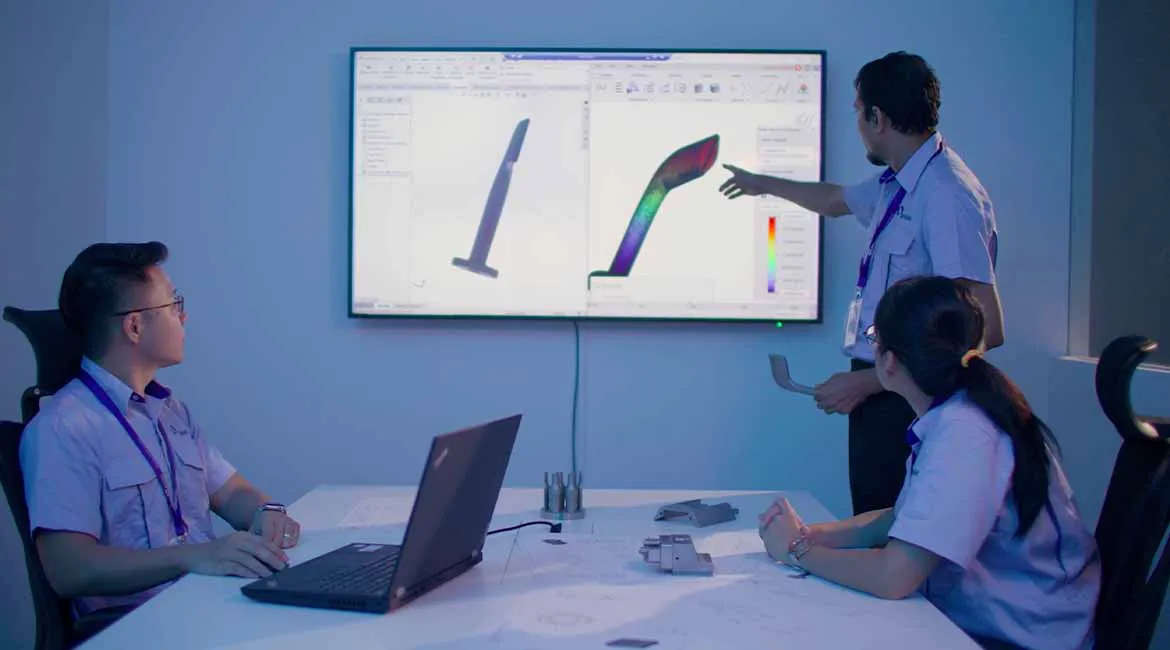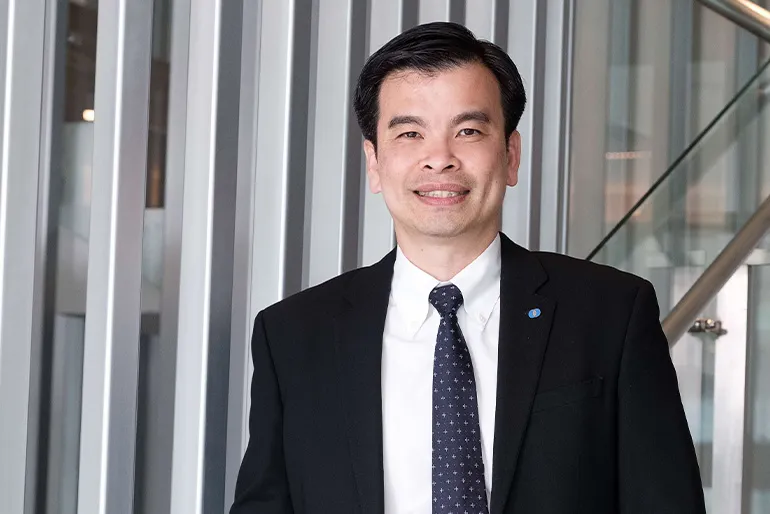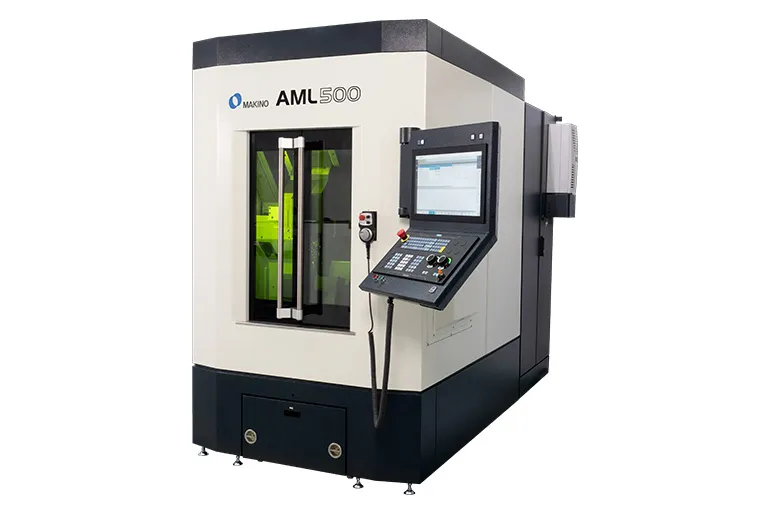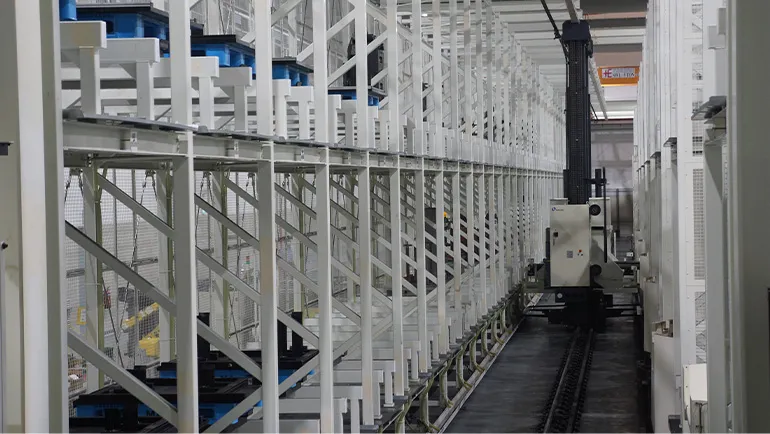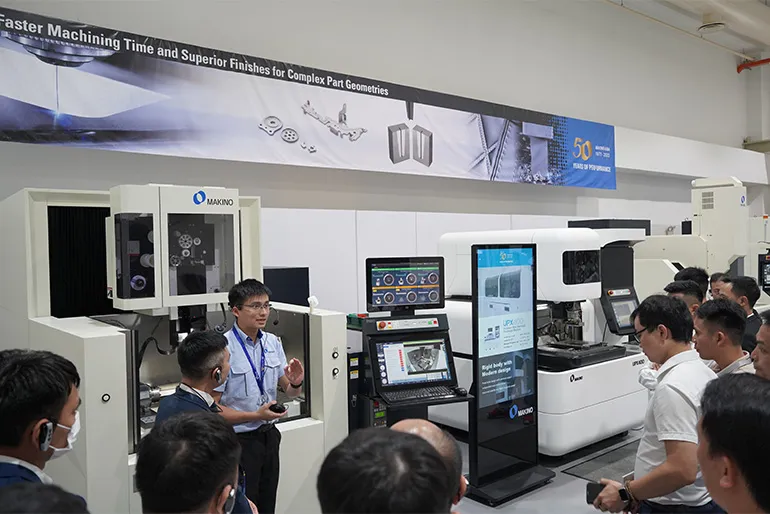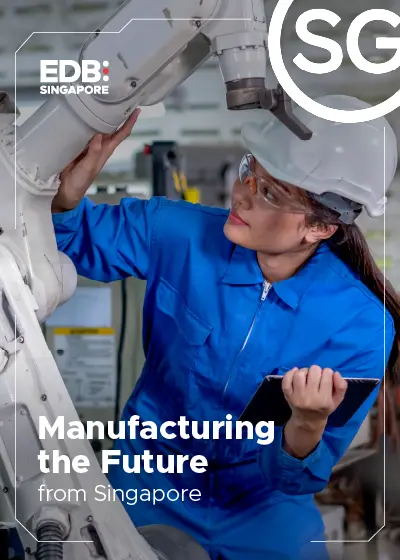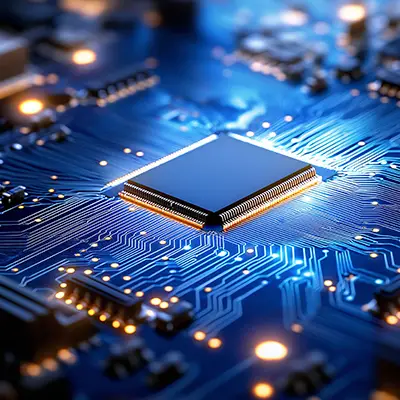Tokyo-headquartered Makino Asia was among the first wave of Japanese companies that set up in Singapore more than five decades ago. Since then, it has been a fixture in Singapore’s advanced manufacturing sector, which is supported by a robust innovation system and a resilient supply chain network.
For the machine tool manufacturer, Singapore has always been the perfect gateway to access significant markets in the region, such as China and India. Makino also serves customers in Thailand, Indonesia, Vietnam, Philippines, and Malaysia, and its APAC business contributes more than 40 per cent of its consolidated revenues, with Singapore serving as its APAC headquarters.
In 2018, the company decided to venture into additive manufacturing (AM), recognising its potential to grow more rapidly than the traditional machine tools market, while benefitting from synergies with Makino’s traditional technology and products.
But Makino’s decision to embrace this new technology was a move away from its established expertise in traditional subtractive manufacturing. It required a fair amount of consideration by corporate leaders in Tokyo. Ultimately, the deciding factors for Makino were the advances that its counterparts in Europe and the United States had made in developing vibrant additive manufacturing industries, and EDB’s support and commitment to building an ecosystem in Singapore for 3D printing, including by bringing together other partners.
“Additive manufacturing is a trend we could not ignore. We had discussions with EDB on how to build the ecosystem together and we started to work with a research institute in Germany, where additive manufacturing is more developed, before building our own machines here in Singapore,” said Makino Asia CEO and President Mr Neo Eng Chong.
